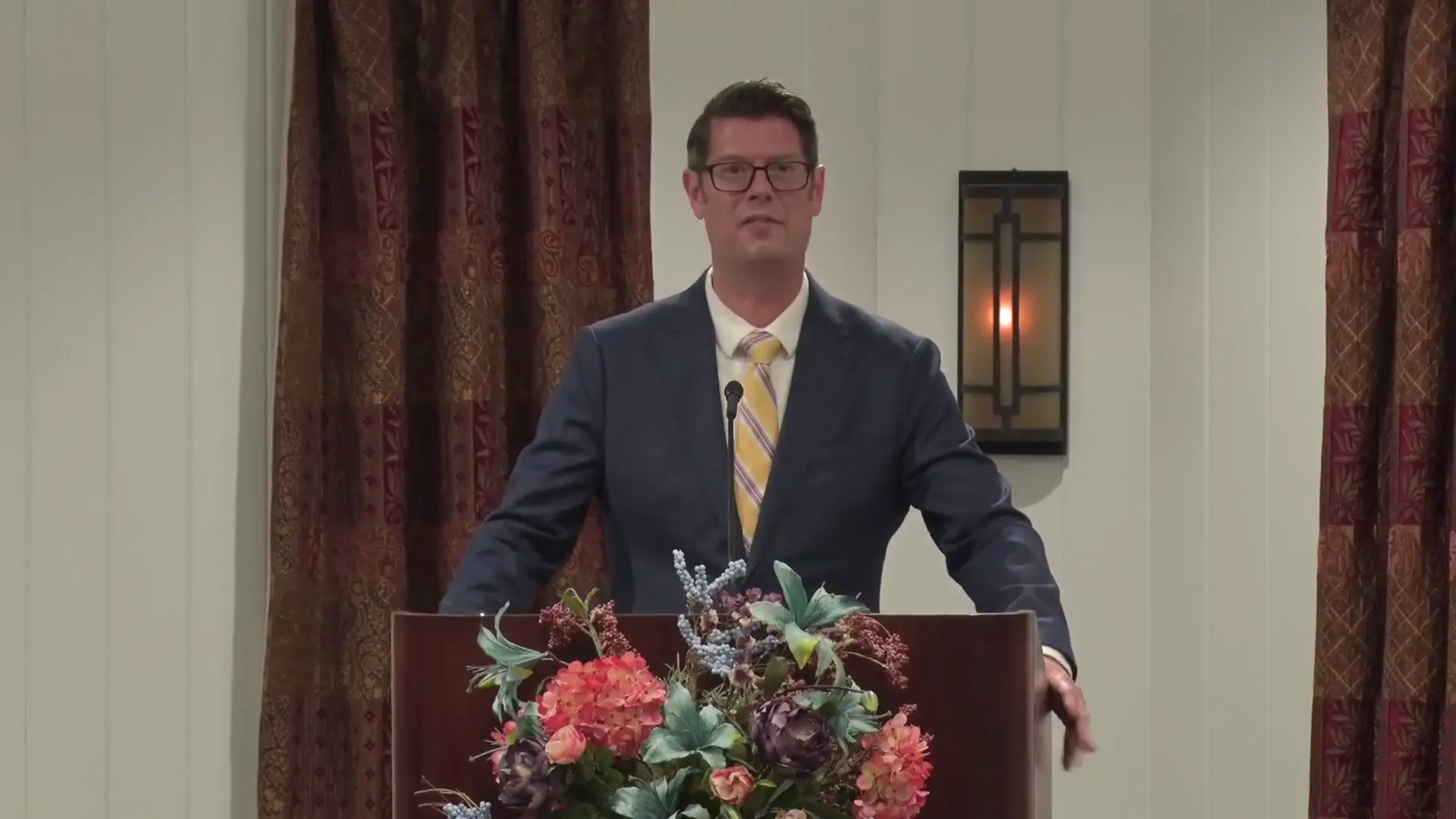Filter by Categories
Little Compromises (2001)
Article by John O. ReidCompromise is a dirty word to a Christian. The story of Solomon shows that big compromises—and eventual apostasy—begins with little compromises.

Spiritual Blindness (Part Three): Choosing a Curse
'Prophecy Watch' by David C. GrabbePeople choose the curse of spiritual blindness through habitually practicing the evils God commands us to avoid. We all have areas of spiritual blindness.
Trumpets: Glorious Appearings
Sermon by Richard T. RitenbaughGod spoke audibly to Moses and the people, intentionally testing their faithfulness, to instill the fear of the Lord in them, and to keep them from sin.

Deuteronomy, Land Sabbaths, Atonement, and Third Tithe
Sermon by Ryan McClureWhat has come to light regarding reading Deuteronomy, the year of release, the Day of Atonement, the third tithe year, and Passover.
Hebrews 12 and 13: Advice for the End Time
Sermon by Richard T. RitenbaughWe must lay aside every weight, accept God's chastening, receive encouragement from those who have gone before, and get back into the spiritual race.
Truth (Part 3)
Sermon by John W. RitenbaughWith the Spirit of God—the light of God—we see the true shape and form of things, and reality appears as something we can see clearly. We find truth.
John (Part Twenty)
Sermon/Bible Study by John W. RitenbaughJust as a seed must die to itself in order to bear fruit, we also must sacrifice our lives, submitting unconditionally to God's to bear abundant fruit.
Seeking God's Will (Part One): Holiness
Sermon by Richard T. RitenbaughDetermining the will of God is difficult to do unless we know the character of God. Holiness is the foundation for all of the other traits of God.
What Does God Really Want? (Part 2)
Sermon by John W. RitenbaughIf we want to be like our Savior, then we will live the way He lived, keeping God's commandments — which exemplify the highest form of love.
Abraham (Part Seven)
Sermon/Bible Study by John W. RitenbaughAbraham's experiences teach us not to try to force God's will. When any sin or self-will is involved, the fruits of such an endeavor will be bitter.
Abraham (Part Six)
Sermon/Bible Study by John W. RitenbaughAbraham was willing to lay down his life to rescue his nephew Lot. His sacrifice shows us what kind of effort and sacrifice is needed to wage spiritual war.